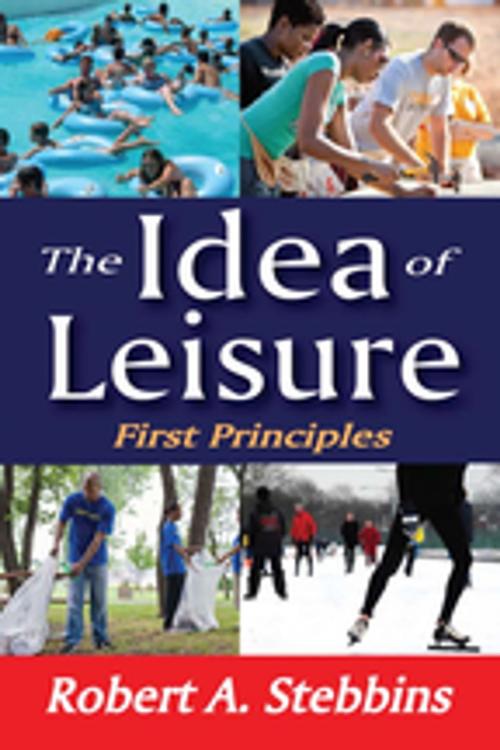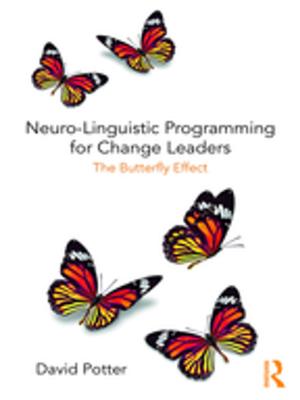The Idea of Leisure
First Principles
Nonfiction, Sports, Reference, Social & Cultural Studies, Social Science, Sociology| Author: | Robert A. Stebbins | ISBN: | 9781351481267 |
| Publisher: | Taylor and Francis | Publication: | September 8, 2017 |
| Imprint: | Routledge | Language: | English |
| Author: | Robert A. Stebbins |
| ISBN: | 9781351481267 |
| Publisher: | Taylor and Francis |
| Publication: | September 8, 2017 |
| Imprint: | Routledge |
| Language: | English |
A range of thinkers in philosophy, religion, and the social sciences have argued that thanks to science, technology, and the organization of society, the human condition has improved and will continue to do so. People are becoming progressively happier and enjoying an ever-improving quality of life, they say, mostly because they are putting their skills and reason to work. The Idea of Leisure is based on the assumption that leisure also fits into the social order, and it provides a singular vector by which to measure progress, even though it is rarely mentioned in writings about the idea of progress. Robert A. Stebbins believes that leisure fosters positive development in both the individual and community. Progress through free-time activity may sometimes be hard to grasp because of the all-too-common manifestations of deviant behavior from schoolyard bullying to date rape. Despite these examples, the vast majority of leisure activities often have profound, positive consequences for participants and society. Stebbins makes a solid case for linking leisure with progress. Although leisure has huge importance for humanity, observations about the idea of leisure as part of the idea of progress have been sporadic. It is no accident that the World Leisure Organization promotes the motto: "Leisure: integral to social, cultural, and economic development." Nor is it an accident that Article 24 of the United Nations Universal Declaration of Human Rights declares that: "Everyone has the right to rest and leisure, including reasonable limitation of working hours and periodic holidays with pay." For whole nations to find satisfaction and self-fulfillment based on leisure would be a true sign of progress. Stebbins' book offers original insight into this basic human requirement.
A range of thinkers in philosophy, religion, and the social sciences have argued that thanks to science, technology, and the organization of society, the human condition has improved and will continue to do so. People are becoming progressively happier and enjoying an ever-improving quality of life, they say, mostly because they are putting their skills and reason to work. The Idea of Leisure is based on the assumption that leisure also fits into the social order, and it provides a singular vector by which to measure progress, even though it is rarely mentioned in writings about the idea of progress. Robert A. Stebbins believes that leisure fosters positive development in both the individual and community. Progress through free-time activity may sometimes be hard to grasp because of the all-too-common manifestations of deviant behavior from schoolyard bullying to date rape. Despite these examples, the vast majority of leisure activities often have profound, positive consequences for participants and society. Stebbins makes a solid case for linking leisure with progress. Although leisure has huge importance for humanity, observations about the idea of leisure as part of the idea of progress have been sporadic. It is no accident that the World Leisure Organization promotes the motto: "Leisure: integral to social, cultural, and economic development." Nor is it an accident that Article 24 of the United Nations Universal Declaration of Human Rights declares that: "Everyone has the right to rest and leisure, including reasonable limitation of working hours and periodic holidays with pay." For whole nations to find satisfaction and self-fulfillment based on leisure would be a true sign of progress. Stebbins' book offers original insight into this basic human requirement.















